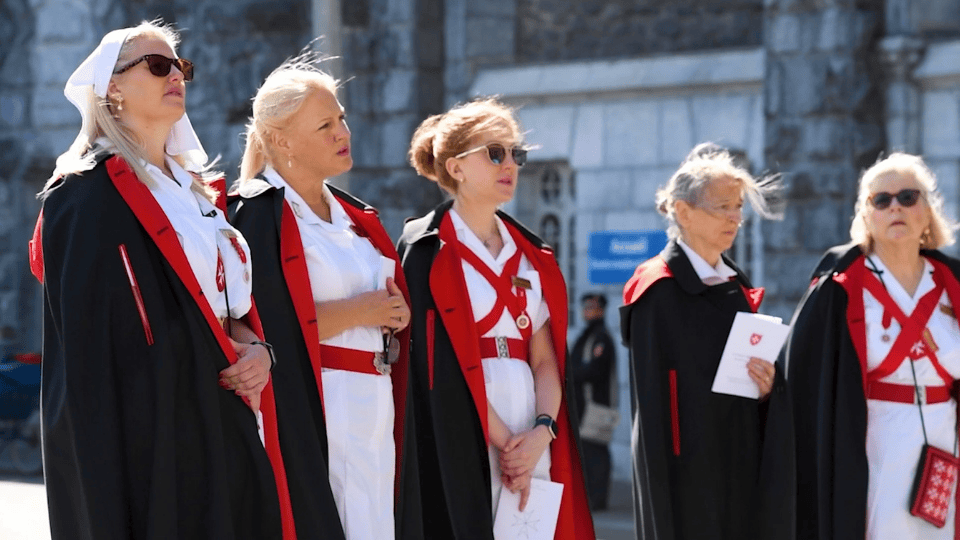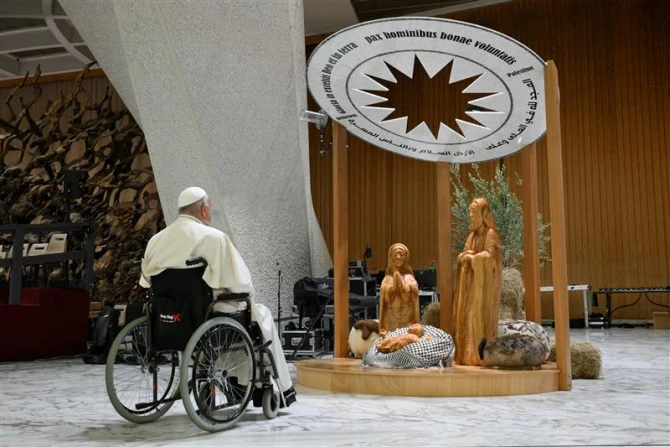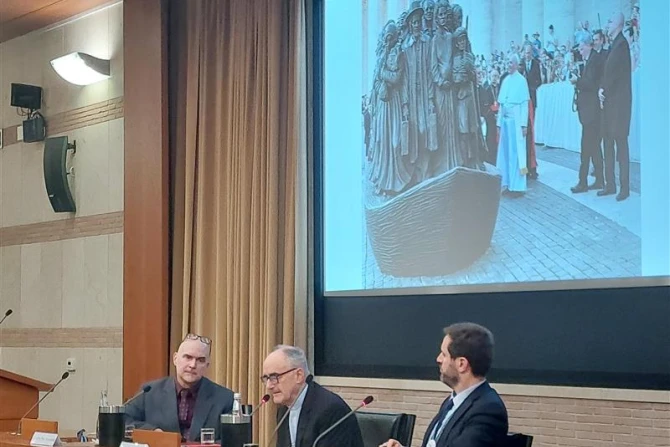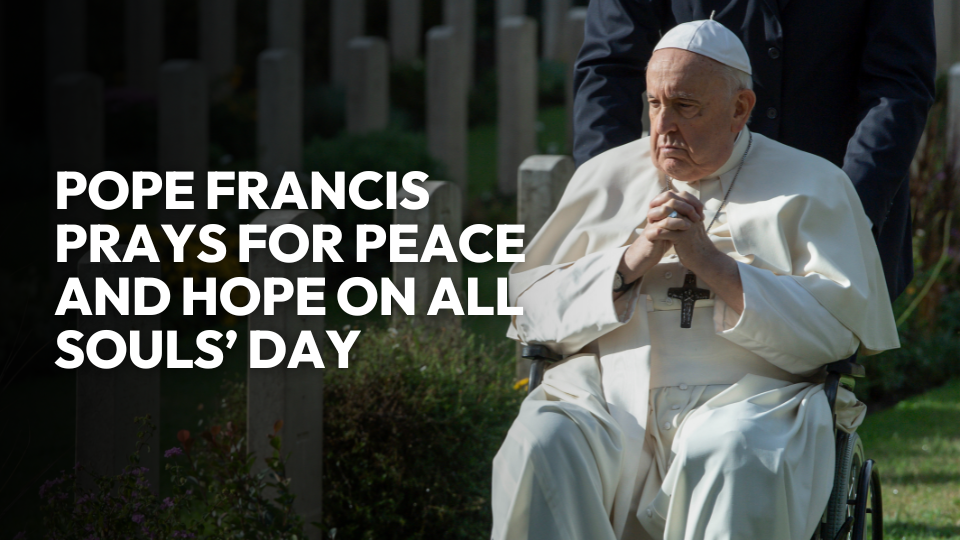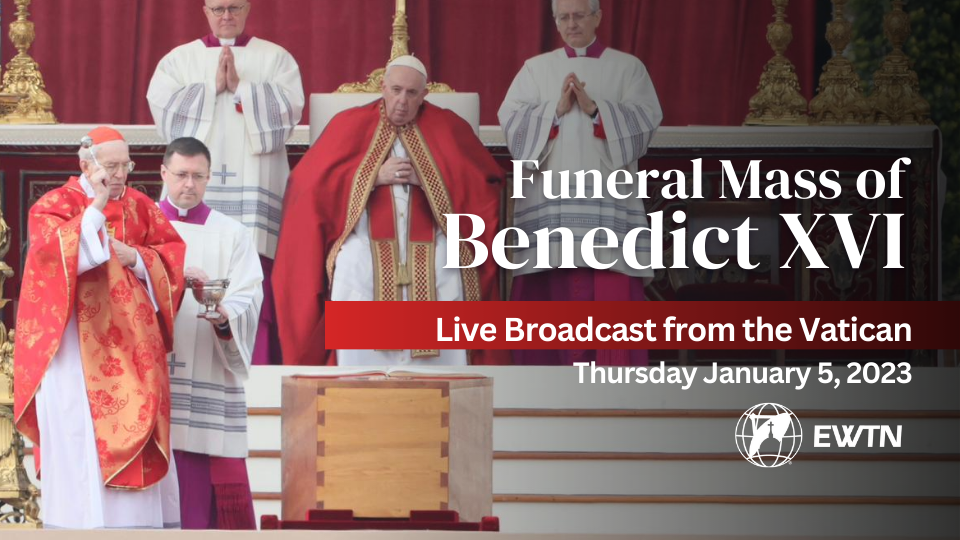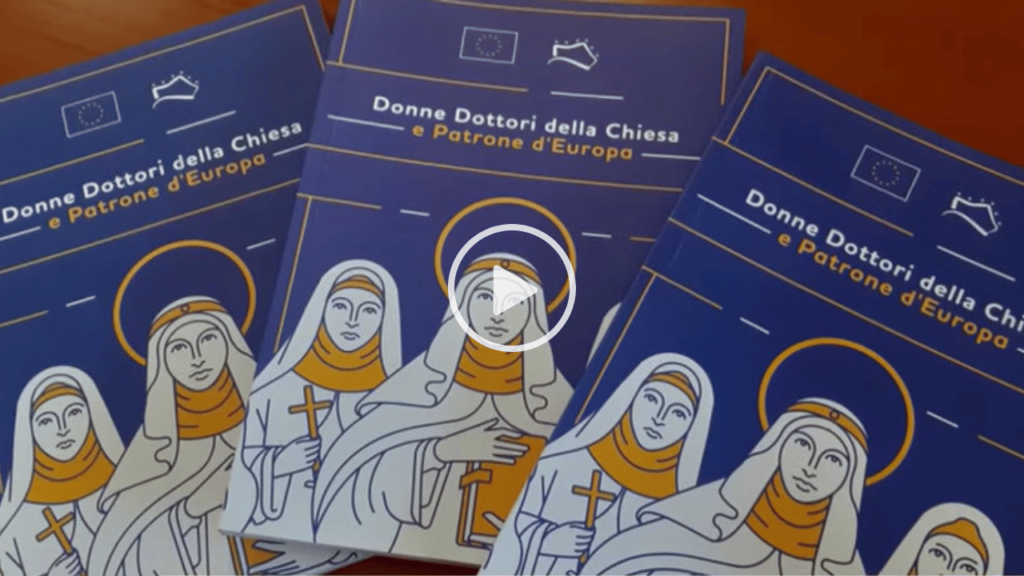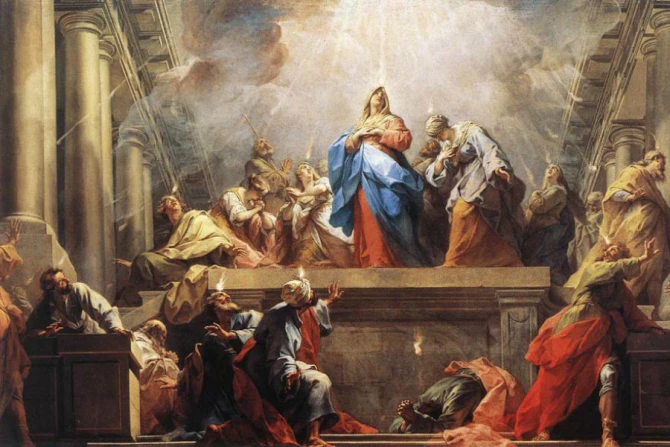“We’ve been present from the very first day the war in Ukraine broke out. Over the last three years, the Western world has done everything it could, but it’s clear that this chapter needs to be closed.”
While the world powers are still trying to decide how to end the current war on European soil, the Church is helping on the ground. The Order of Malta has been dedicated to humanitarian aid for centuries. Its volunteers and knights have always been quick to respond, offering medical and diplomatic assistance, especially in places such as Ukraine and the Holy Land.
EWTN Vatican Bureau Chief Andreas Thonhauser met with the Grand Chancellor of the Order of Malta Riccardo Paternò di Montecupo, to talk about these troubled regions. He stated:
“I have been to the Holy Land many times. You always have this feeling that something can happen suddenly. […] I’d say that if the world’s politics can’t find solutions that are not only a bit more stable, but also respect the diversity of each place, I don’t think it’ll be easy to find a way out of the current situation.”
Similar situation also in Ukraine, here in Europe. What are your impressions about that?
“The principle of Ukraine’s territorial integrity, the principle of defending the attacked, which are both valid principles, and there’s also a humanitarian principle of protecting those who are vulnerable and in distress. Over the last three years, the Western world has done everything it could. Now, it’s not up to me, as in the Sovereign Order of Malta, to define what should be done to achieve peace, but it’s clear that this chapter needs to be closed. As usual, the Sovereign Order of Malta has stayed out of this international geopolitical situation, but it has done what it needed to do. We’ve been present from the very first day the war in Ukraine broke out, and we’re also helping all the countries surrounding Ukraine. Additionally, many countries far from Ukraine have shown solidarity by sending financial aid, material support, volunteers, and more.”
The Order was officially founded in 1113. Is it still attractive for people-today to join such a traditional order, such an order with a history?
“I think that for the Order of Malta to remain attractive, it needs to do two very simple things — well, not exactly simple, but two things. The first is to stay true to itself, meaning avoid chasing trends. It must continue to embody seriousness, neutrality, and religiosity, which are key elements that complete our profile. On the other hand, though, we live in the world, so to stay attractive, it’s crucial to understand what the world wants today, and the world today demands that nothing be done unprofessionally. Even volunteer work, even humanitarian efforts, must be approached as professionally as possible. We organize a pilgrimage to Lourdes, and what’s beautiful to see during that week is that the majority of the young people helping the sick are very young. It’s not just about providing material help—feeding them, taking them to the grotto, undressing and dressing them when they’re taken to the pools, putting them to bed, helping them wash, and so on—but you also need to talk to them, give them hope, help them understand that there’s something more waiting for them, thus changing their perception of life a little bit.”
And it seems this is still attractive also for young people who are coming to pray and help others.
“That happens there. And paradoxically, Lourdes is the place where I see the greatest number of young people so easily.”
Thank you very much for sharing this broad history, this broad story also, of the Order of Malta and for all the things and the works that you are involved in. Thank you for being with us.
“Thank you so much!”
SIGN UP FOR OUR NEWSLETTER HERE
Adapted by Jacob Stein
Produced by Andrea Manna and Andreas Thonhauser; Camera by Alberto Basile and Gianluca Gangemi; Video Edited by Giada D’Ottavi. Special thanks & Credits: Sovereign Order of Malta.

